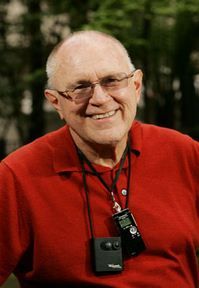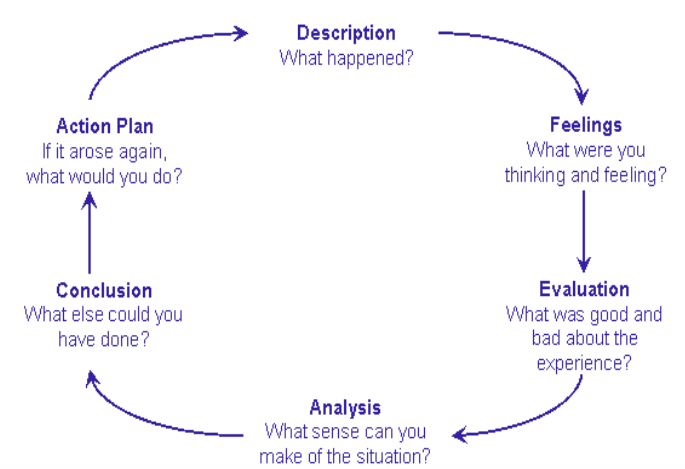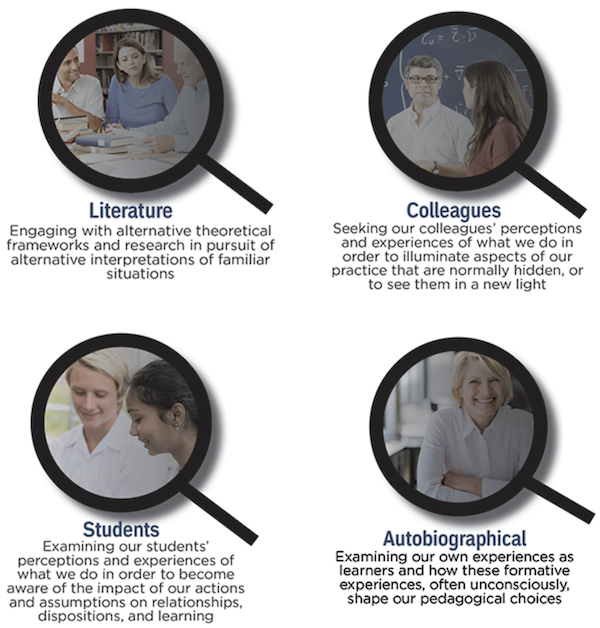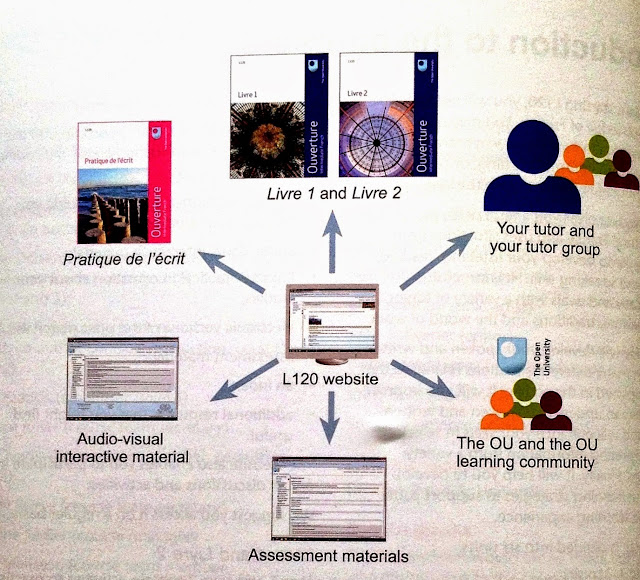Illl-health has impacted on my activity online. This in itself is an insight. On the one hand we lable people for analysis, putting them into groups that vary from 'creator' all the way through to 'inactive' in order to simply its complexity, but more importantly in order to be able to share and discuss.
It has to be two, even three years since I did some long overdue 'digital housekeeping'. It isn't in my nature to go through my virtual pack of cards to put them in order; indeed, is order of any kind necessary so long as you have tagger thoroughly? It is, because such tags are no less valid just because you thoughts, ideas, assignments, references, quotes, pics, charts, grabs and so on are now collated. Indeed, these groups, chronologies and narratives are offering their own insights.
I've been inclined to equate 'stuff' (digital assets) as vegetation in a compost bin, however, this 'stuff' doesn't simply rot, rather it replicates itself ... then rots and transmogrifies in various ways. You think too hard and analogies fail because of the versatility, fluidity and complexity of the World Wide Web 2.0.
Creation is a part of what I do. There is considerable searching, grabbing, highlighting and note-taking too. Screen grabs and 'Snips' are treated like photographs and dealt with off-line in 'Picasa', online they are uploaded to Picasa Web and Dropbox. From here the url is shared in various ways in this blog and elsewhere. This 200GB album was looking like Wembley Stadium after a rock concert so I've gone in and begun to sort out and clean up my 'digital litter'.
What I find is that a grab, chart or image can instantly induce recollection of why I chose the image in the first place; the thinking behind the choice is revived. On their own these images will mean very different things to others until I add the text.
ON REFLECTION
Certain habits, such as titles, tags and references save you scrambling around later. Too often a great chart from a survey is rendered, in academic circles, useless, if I cannot locate the source. I can feel like riding a bicycle with square wheels ensuring that quotes and images are properly referenced at the time you highlight, note or grab, but it means that when you put them into an assignment, or simply a presentation or blog, this reference, usually with a URL is readily available.
This suits the kind of person who for a very short period (one month), not only kept a diary, but stuck the ephemera of the day into the folder/scrapbook too. Unsustainable, but extraordinary how a 3d bus ticket from the 1970s does more to remind me of the Yellow 45 bus I took along the 'Great North Road' to primary school then any words (that I couldn't have written at the time) to explain it.
Intermittently, having come across him during H808, I think about the Microsoft programmer who uses a digital device to RECORD everything he does, all day (sound and vision). That's the easy part. The hard part is creating the software to extract and store content of worth. The problem is that the mind, which must equate to how innovative we are, is anything but well ordered.
How often do we stop and think?
I may be an atheist but perhaps on the seventh day we should rest; we unplugged the router, put the phone on charge for the following week, turn off the TV and buy a paper? Or go to church ... or the non-religious equivalent.

A search for 'Microsoft' in this diary brings me the name 'Gordon Bell', the entry I wrote in January and a link to the New Scientist article and its author. Gordon Bell wrote that he hoped eventually to unconver some patterns 'you would never have gleaned unaided.'
I very rarely look at old diaries. Doing so I was in despair. Neither the chronology, nor the day of the week is relevant, rather it is the unlinked themes that run through it, but to get at those requires transcription and digitisation.
I'd prefer to live life than live about the life I lived.
What Microsoft may achieve, though Google are surely doing it, is to formulate a better way to manager knowledge.
Which brings me to my final though for now, and that is to go entirely Google.
I use Google tools extensively already.

I've never done much with 'Blogger' prefering 'Wordpress,' but Google makes it seamless, indeed, collectively Google tools are half-way between a virtual learning environment (VLE) and that amorphous collection of tools we collectively give the term 'personal learning environment' (PLE).





